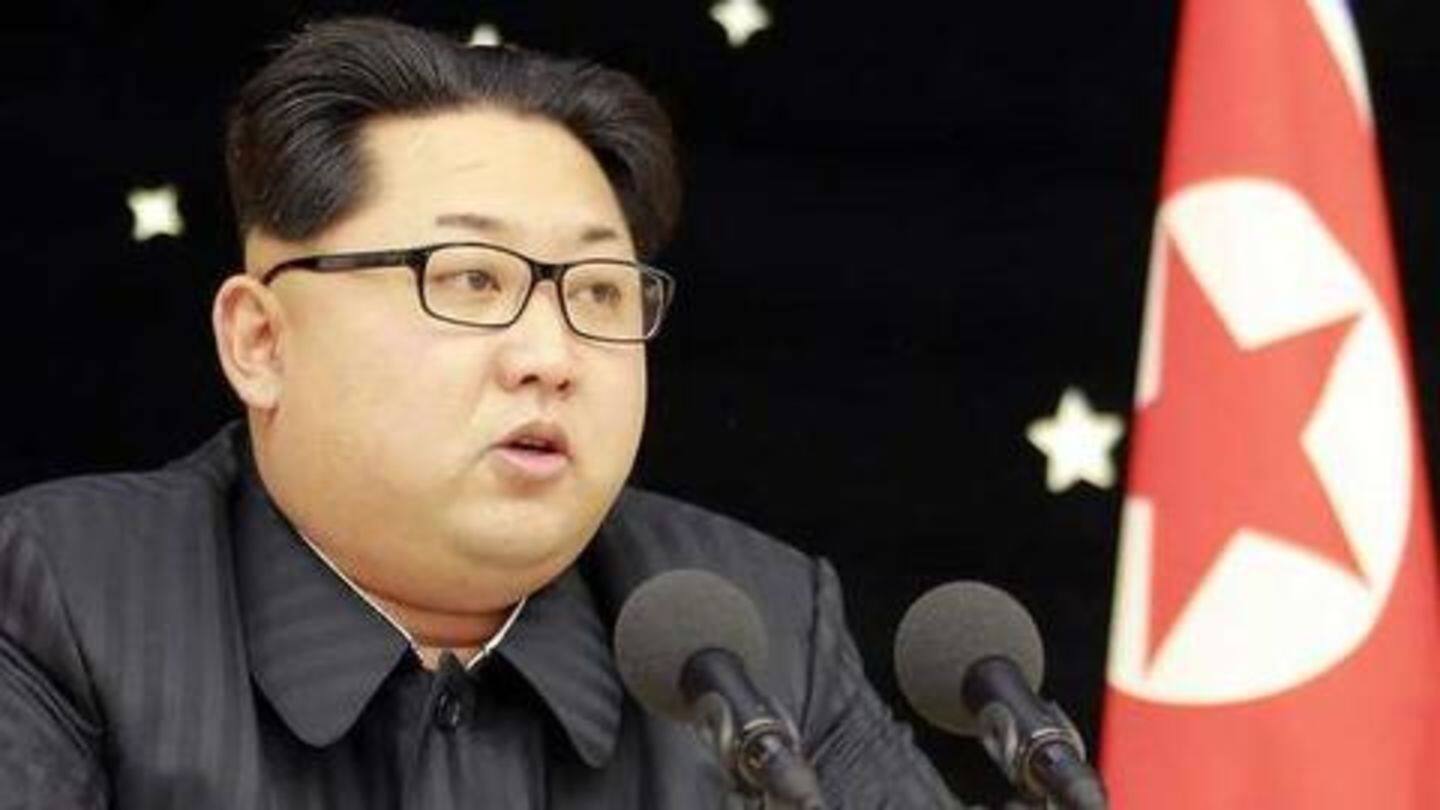
N Korea warns US sanctions may 'block path to denuclearization'
What's the story
North Korea has condemned the US over its latest sanctions measures, warning the policy could "block the path to denuclearization on the Korean peninsula forever".
The warning from the North yesterday came days after the US said it was imposing sanctions on three senior North Korean officials over human rights abuses.
The sanctioned officials include Choe Ryong-hae, considered right-hand man to leader Kim Jong-un.
Information
'US bringing DPRK-US relations back to status of last year'
In a statement, the North praised US President Donald Trump for his efforts to improve relations with Pyongyang, but said the US State Department was "bent on bringing the DPRK-US relations back to the status of last year, which was marked by exchanges of fire".
Accusing US
Institute for American Studies policy research director issued statement
The statement, carried by official KCNA news agency, by the policy research director of the Institute for American Studies of the foreign ministry accused the US of "deliberate provocation" over the sanctions on the three officials.
If Washington believes the policy of increased sanctions and pressure would force the North to give up its nuclear weapons, "it'll count as the greatest miscalculation", it added.
No progress
After Trump-Kim's Singapore meet, nothing substantial happened towards denuclearization
The statement also said the increased sanctions will block the path to denuclearization on Korean peninsula forever.
At a historic summit in Singapore in June, Trump and Kim signed a vaguely-worded statement on denuclearization.
But little progress has been made since then, with Washington pushing to maintain sanctions against the North until its "final, fully verified denuclearization" and Pyongyang condemning US demands as "gangster-like".
Fallout?
How will the US-imposed restrictions impact both the countries?
In actions required by Congress, the Trump administration said today it would seize any US assets of the three officials over their roles in suppressing freedom of speech.
Such restrictions may have little impact on officials in one of the world's most closed countries, but will have a clear symbolic force as North Korea seeks greater acceptance by the United States.